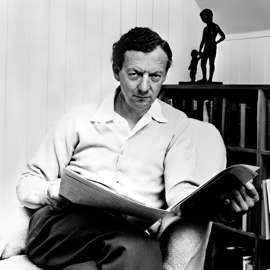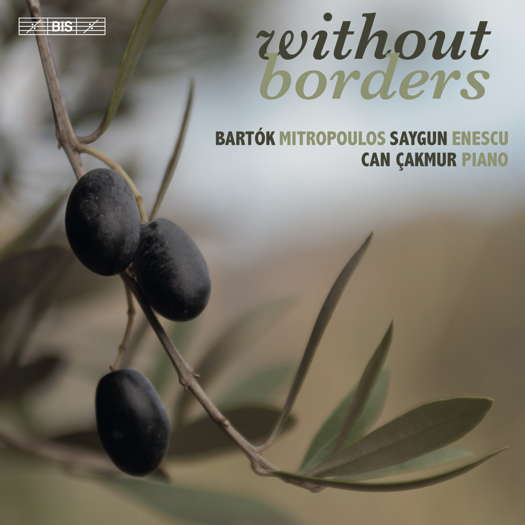 SPONSORED: DVD Spotlight. Olympic Scale - Charles Gounod's Roméo et Juliette, reviewed by Robert Anderson.
SPONSORED: DVD Spotlight. Olympic Scale - Charles Gounod's Roméo et Juliette, reviewed by Robert Anderson.
All sponsored features >>
- Madama Butterfly
- Capstone Records
- oratorio
- Pavilion Arts Centre
- SWR Rundfunkorchester
- Malcolm Williamson
- Orion Weiss
- Dialectiae Piano Trio
 SPONSORED: Ensemble. Last Gasp of Boyhood. Roderic Dunnett investigates Jubilee Opera's A Time There Was for the Benjamin Britten centenary.
SPONSORED: Ensemble. Last Gasp of Boyhood. Roderic Dunnett investigates Jubilee Opera's A Time There Was for the Benjamin Britten centenary.
All sponsored features >>

Without Borders
BIS-2630 (BIS Records, SACD)
FIRST RELEASE (3 June 2022)
Playing time: 74'09"
Tracks: 13
Booklet pages: 29
℗ 2022 BIS Records AB
© 2022 BIS Records AB
Main country of recording: Germany
Reviewer: Geoff Pearce
Review of Without Borders published on 9 August 2022
Can Çakmur, piano (Shigeru Kawai SK-EX Concert Grand Piano)
Béla Bartók (1881-1945):
Piano Sonata, BB 88, Sz 80 (1926)
1 Allegro moderato
2 Sostenuto e pesante
3 Allegro molto
Dimitri Mitropoulos (1896-1960):
Passacaglia, Intermezzo e Fuga (1924)
4 Passacaglia
5 Intermezzo
6 Fuga
Ahmed Adnan Saygun (1907-1991):
Piano Sonata, Op 76 (1990)
7 Moderato
8 Allegro
9 Lento
10 Allegro
George Enescu (1881-1955):
Piano Sonata No 3 in D, Op 24 No 3 (1933-5)
11 Vivace con brio
12 Andantino cantabile
13 Allegro con spirito
Recorded 17-20 May 2021 at Tonstudio Tessmar, Hanover, Germany.
Towards the end of the nineteenth century, several composers were taking a new interest in folk music. Folk tunes, or imitations of them, had previously mainly been used in order to provide 'local colour' or as a way of catering to nationalist sentiments, but it was now seen as a means to revitalize art music itself, opening up for new possibilities in terms of rhythm and harmony as well as melody. At the forefront of this development was Béla Bartók, who also considered the use of folk elements as a tool to transcend boundaries – to achieve a 'brotherhood of peoples'. For his new recital disc, Can Çakmur has devised a programme which juxtaposes four composers' different responses to folk music. Bartók's Piano Sonata is followed by Passacaglia, Intermezzo e Fuga, with which Dimitri Mitropoulos made a clean break with earlier works in a more nationalistic vein. Next comes Çakmur's compatriot, the Turkish composer Ahmed Adnan Saygun, who in 1936 accompanied Bartók on a field trip in Turkey collecting music. His Piano Sonata was composed some fifty years later, however, and refers to folk music primarily on a theoretical level. Closing the disc is George Enescu's Piano Sonata No 3 in D, which Çakmur in his own liner notes describes as 'radiating a natural affinity for the village, without sacrificing the compositional value of the work.'

